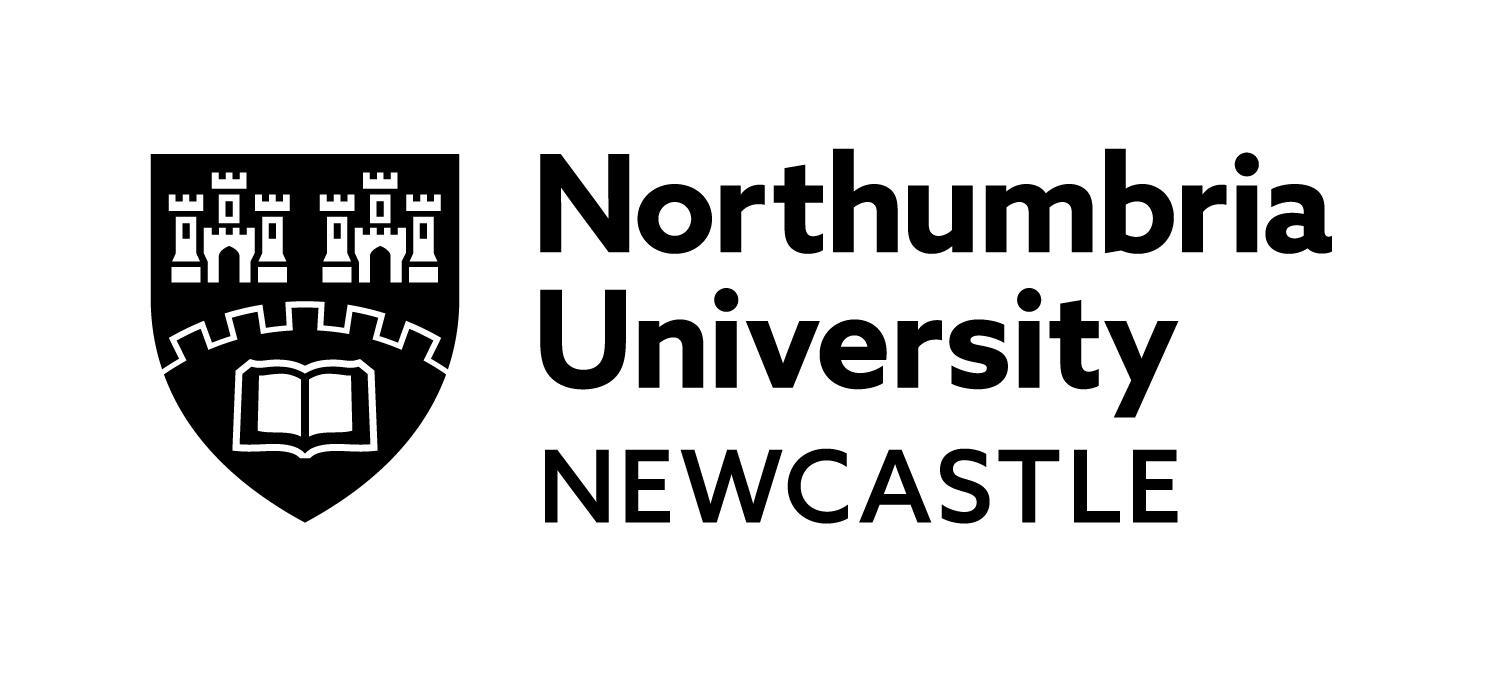Economic and Social History
Economic and Social History
The Economic and Social History Pathway is offered at Durham, Newcastle, Northumbria and Queen’s.
The Economic and Social History Training Pathway is offered at Durham University, Newcastle University, Northumbria University and Queen’s University Belfast. This pathway has major strengths: all partner institutions use methods, theories and analysis from demography, economics, finance, history and management studies to understand how and why economic and social change have occurred within the UK, Europe and the global economy. A historical perspective is required because the economic and social effects of economic growth are never instantly manifest.
Durham University
Durham historians are based in the university’s Department of History and work on a range of questions in economic and social history, including environmental history, urban history, housing, the family and household, poverty, welfare and living standards, social mobility, social relations, labour and the origins of capitalism and the industrial revolution. We cover Britain, Europe, North America and Asia, with a particular strength in African history. We range chronologically from the early middle ages to contemporary society.
Newcastle University
Academics at Newcastle have particular strengths in modern business and economic history, especially entrepreneurship and strategy, intellectual property and corporate governance. We welcome applications in the broad areas of business and economic history, political elites, social identity, labour history and ancient and medieval civilisations, oral/public history, and cognate fields. These topics are currently being researched by funded PGR students at Newcastle and we welcome enquiries from prospective PGR students in these areas. Students on this pathway at Newcastle are registered in Newcastle University Business School and joint supervision with the School of History, Classics and Archaeology is possible.


Queen’s University Belfast
Queen’s University Centre for Economic History is one of the largest concentrations of economic historians in the UK and Ireland. We have strengths in financial history, business history, demographic history, social science history, historical political economy and methodology in economic history. Temporally, we have strengths in the early modern period, the long nineteenth century and the interwar period. Based principally at Queen’s Business School, the Centre also incorporates scholars from the School of History, Anthropology, Philosophy and Politics and PGR students can choose either school as their academic base; co-supervision between economics and history is very much possible.
Northumbria University
Northumbria’s Department of Humanities hosts the History Subject Group, which has expertise in global and transnational history, environmental humanities, conflict and society, American studies, histories of activism, and medieval and early modern studies. Northumbria’s Newcastle Business School hosts a group of scholars working in the field of business and management history. Although Northumbria students in the Economic and Social History pathway must be registered as a PhD History student, joint supervision is possible where appropriate. We particularly encourage PhD proposals which explore themes that relate to our research groups.
Collaboration and Training
The Economic and Social History pathway is truly collaborative: drawing on the different strengths in each institution, it is also possible that an additional supervisor can be based in a different NINE DTP institution to that in which the student is registered.
Students are encouraged to apply to the Economic History Society’s PhD training, as well as similar training organised by the Association of Business Historians, the Economic and Social History Society of Ireland, and the European Historical Economics Society.
Each of the institutions which comprise this pathway have hosted the major conferences in this discipline: Durham hosted the Economic History Society’s annual conference in 2003 and 2010; Newcastle and Northumbria hosted the Association of Business Historians conference in 2014 and 2024 respectively; and Queen’s hosted the Economic History Society in 2019 and the Association of Business Historians in 2025.




